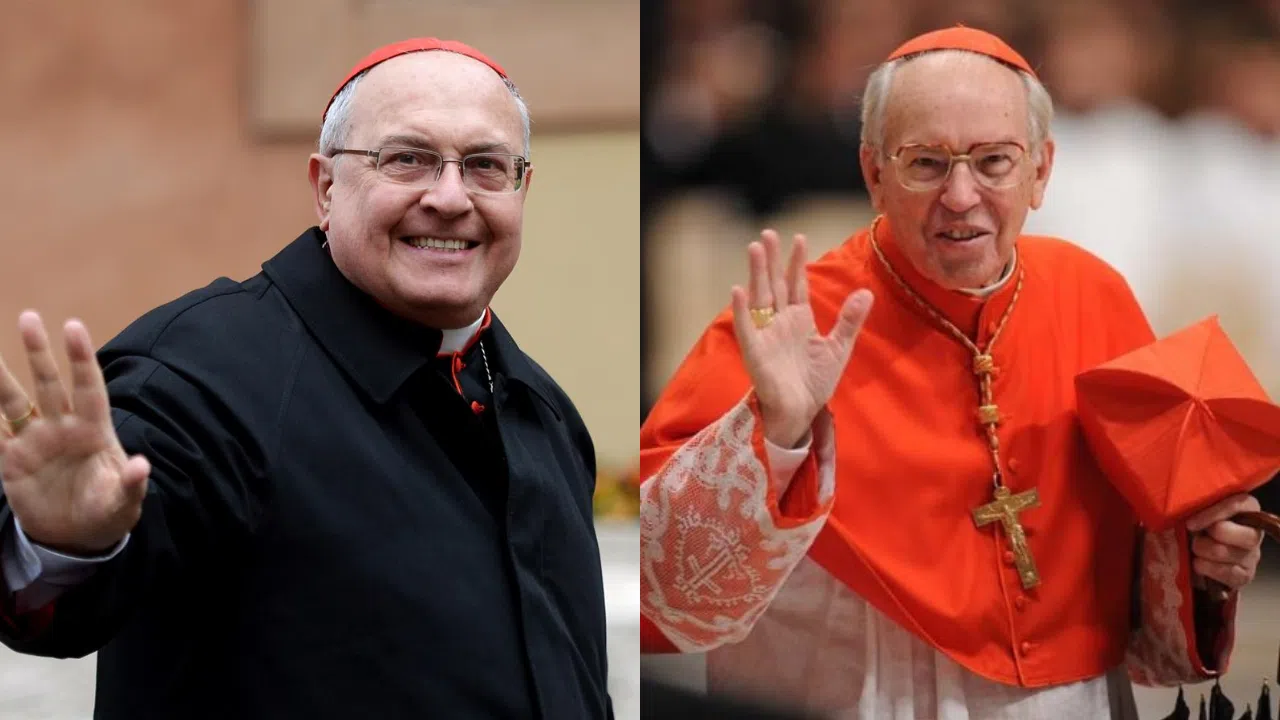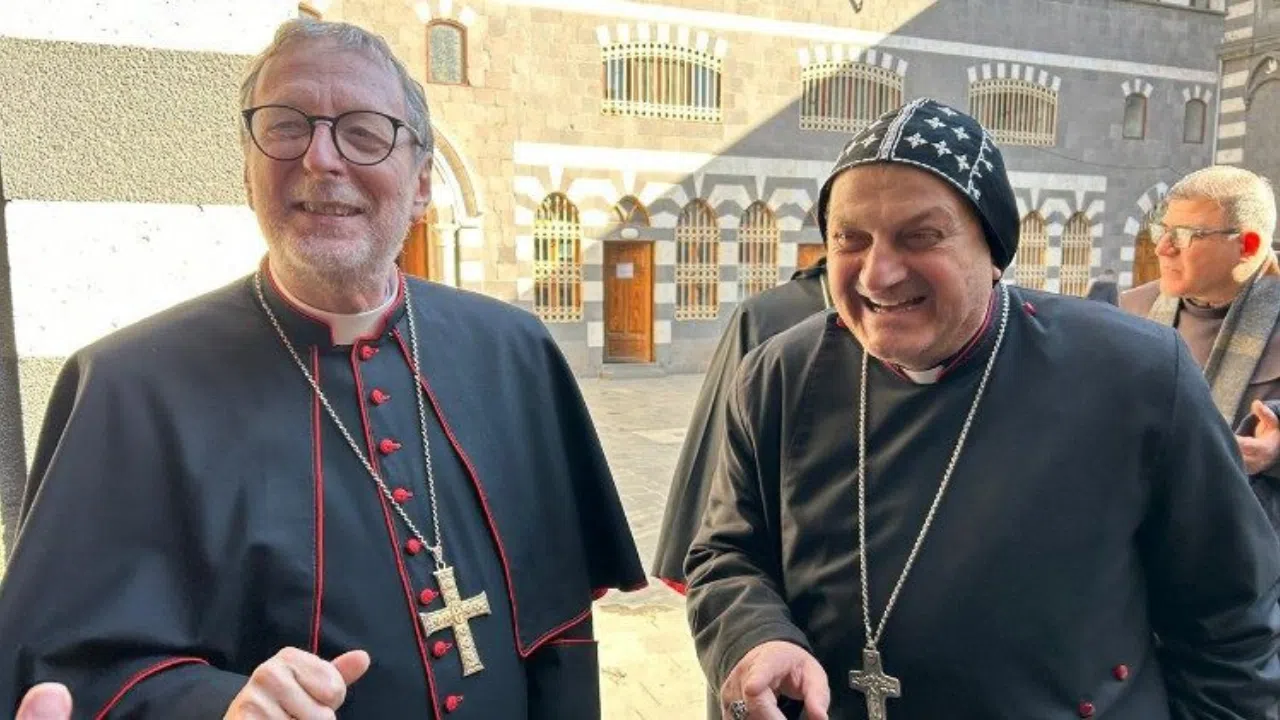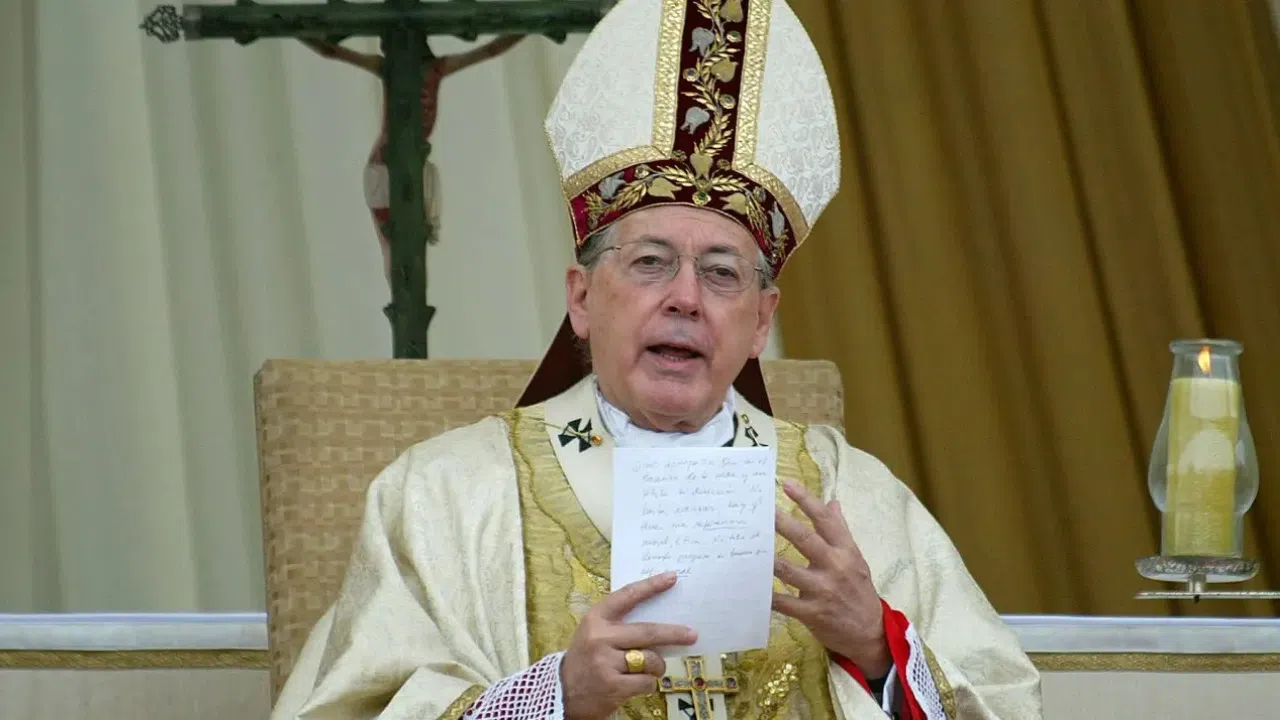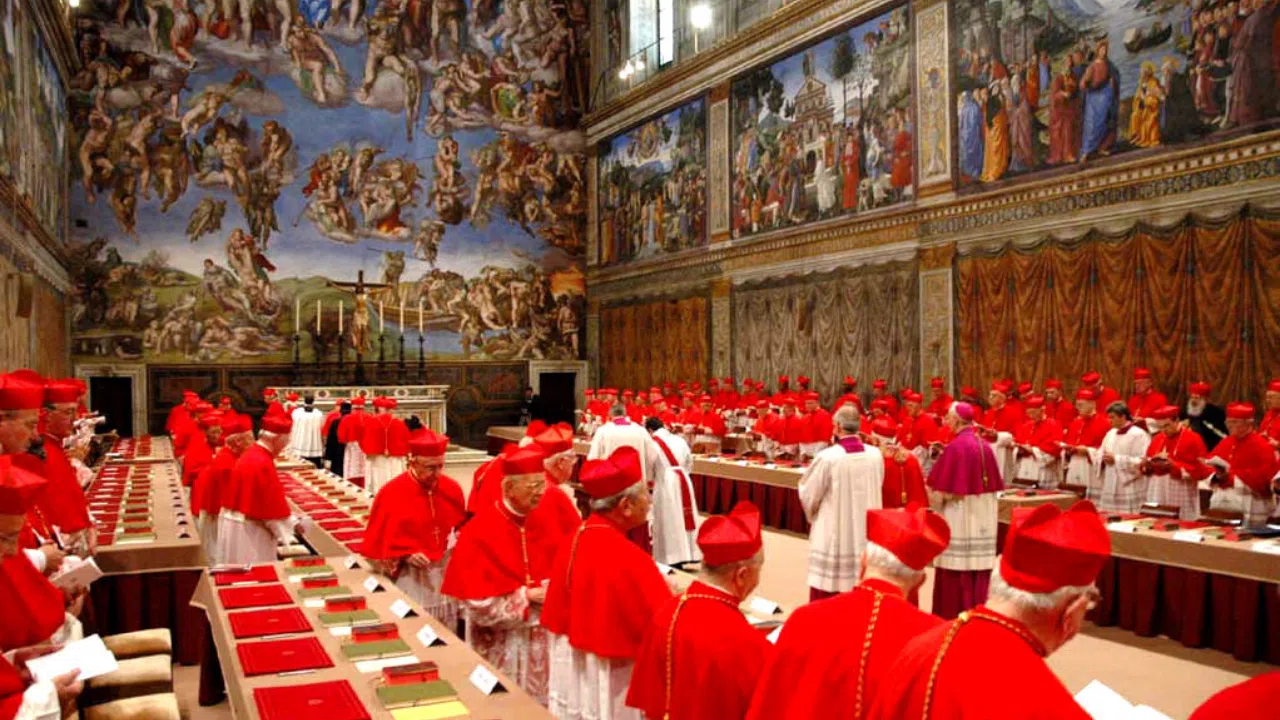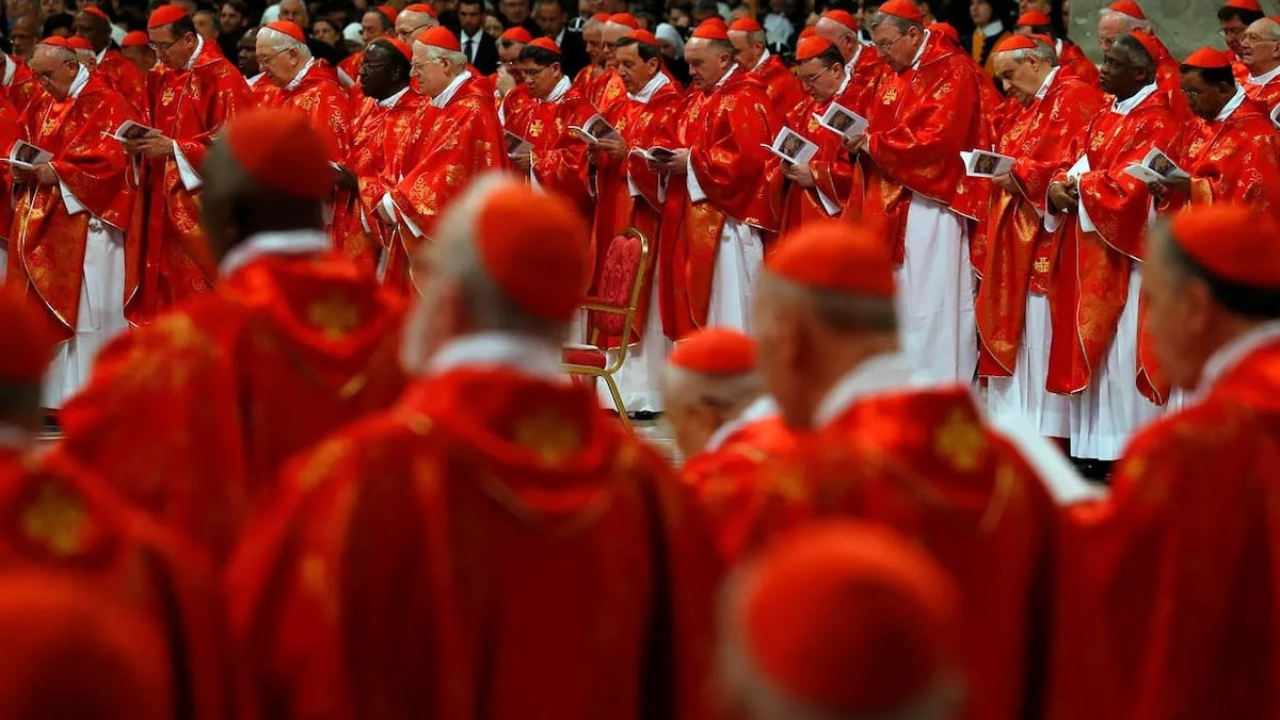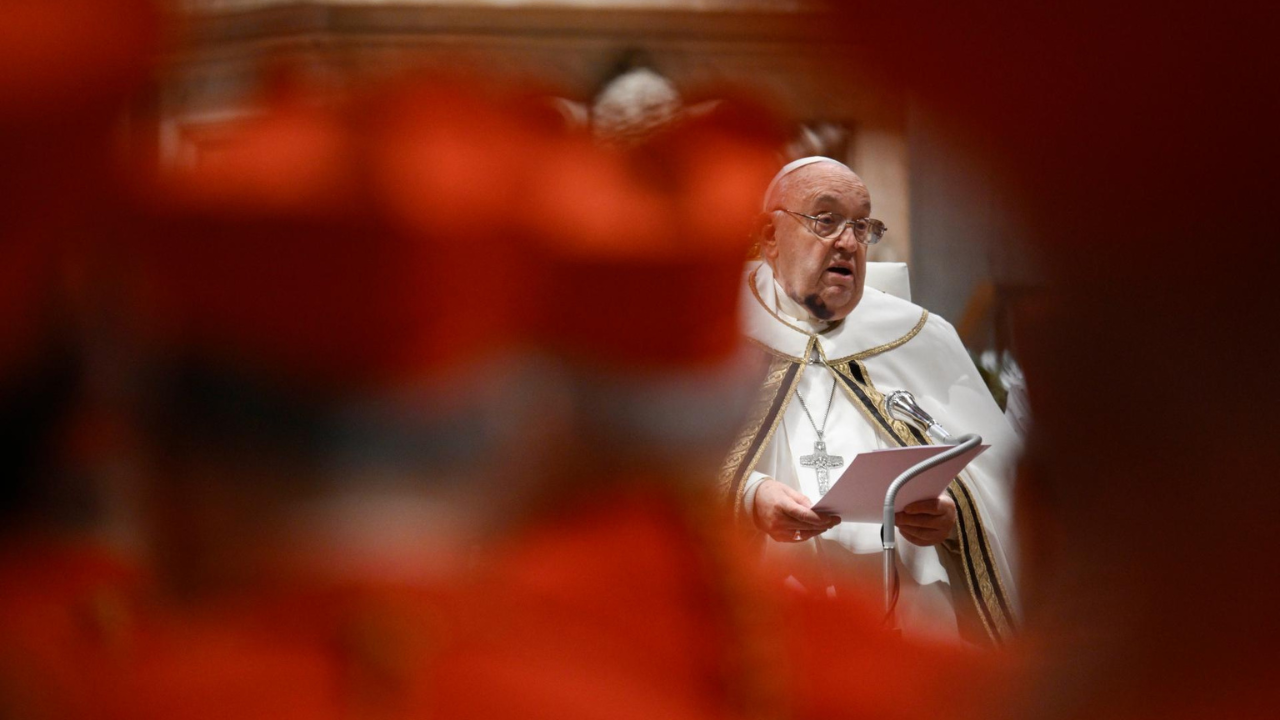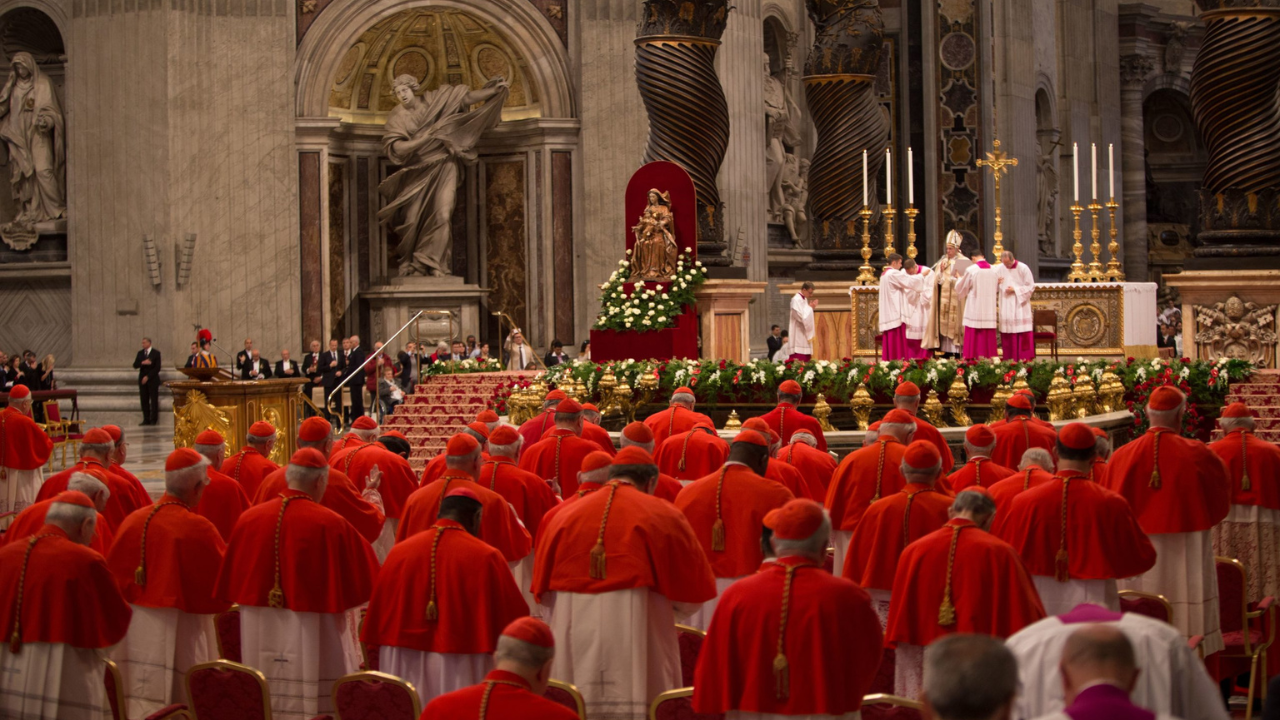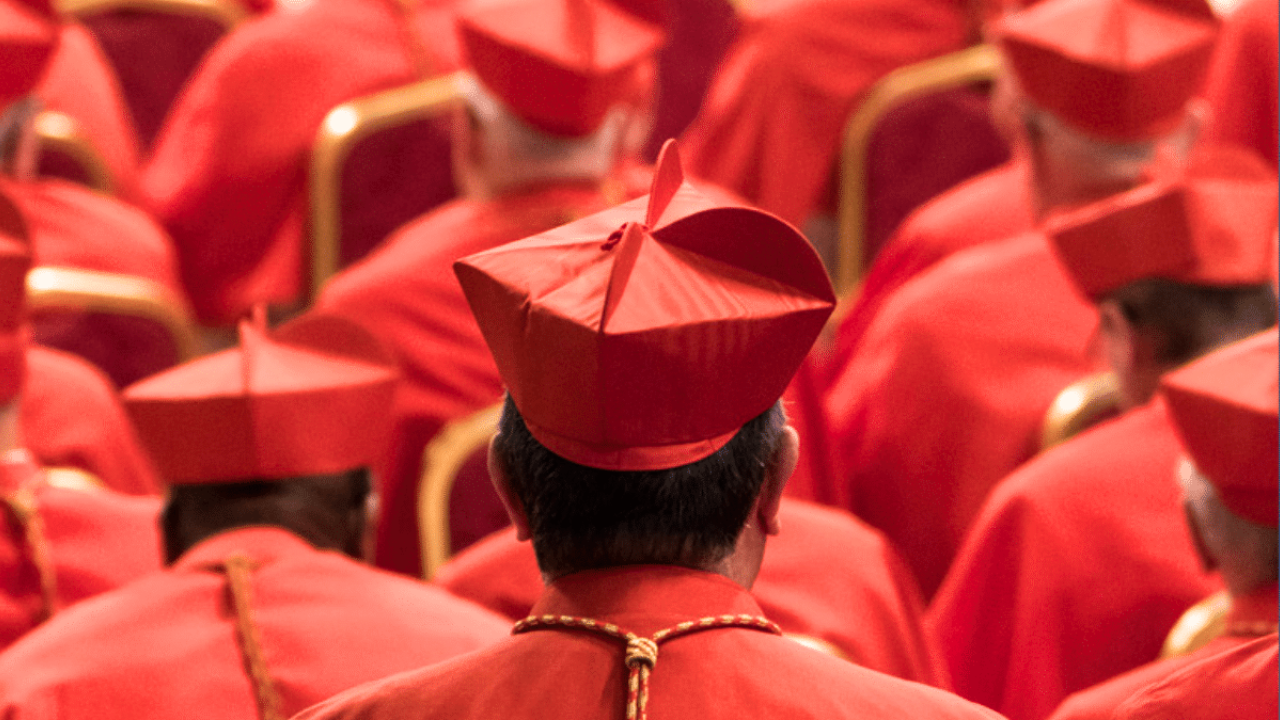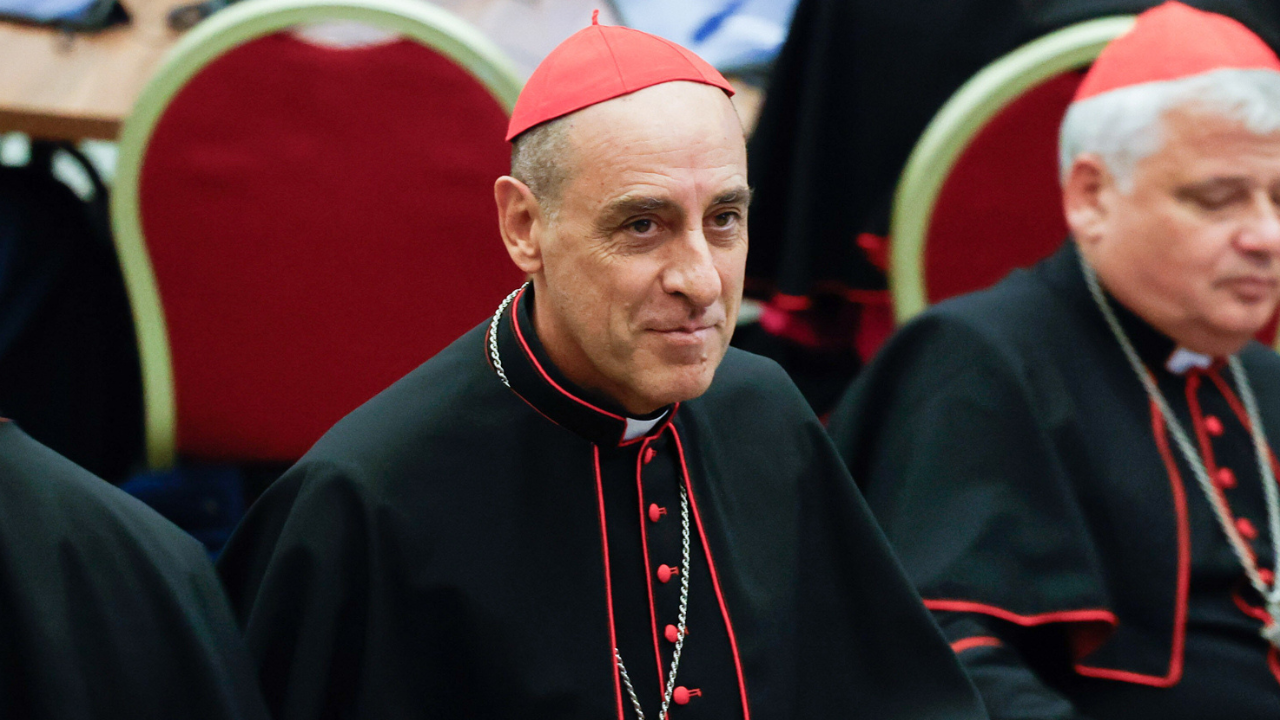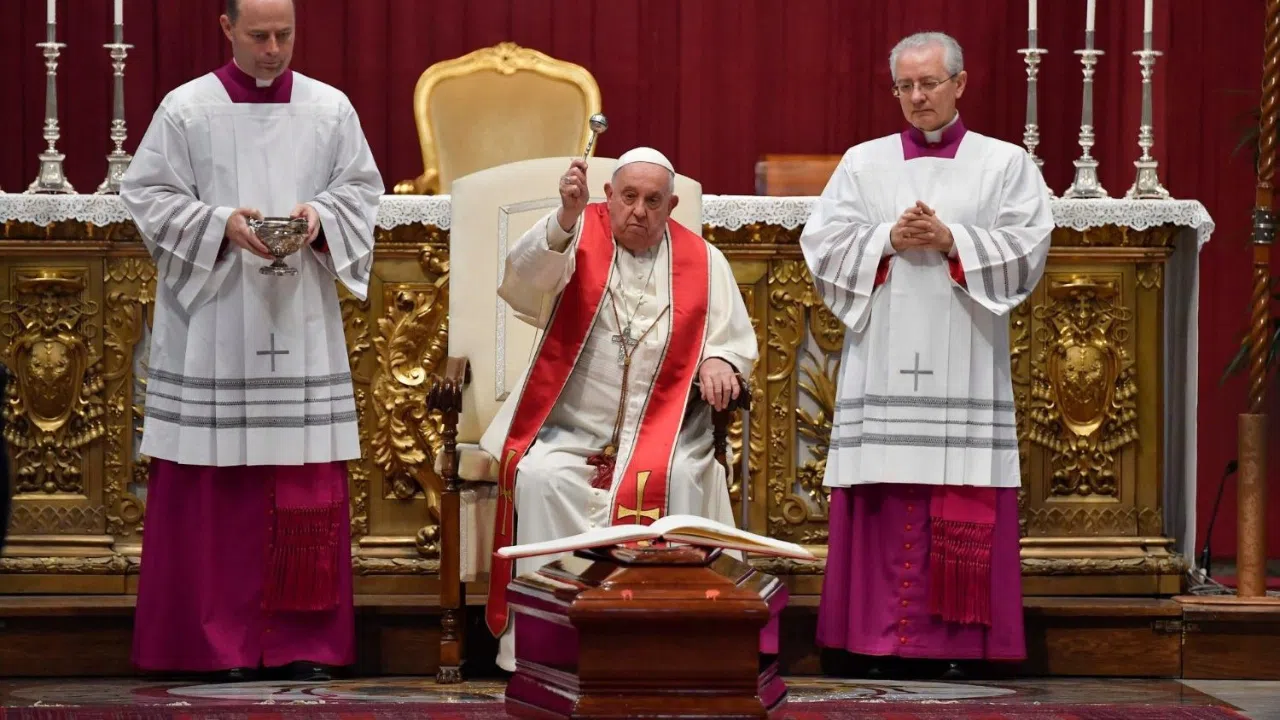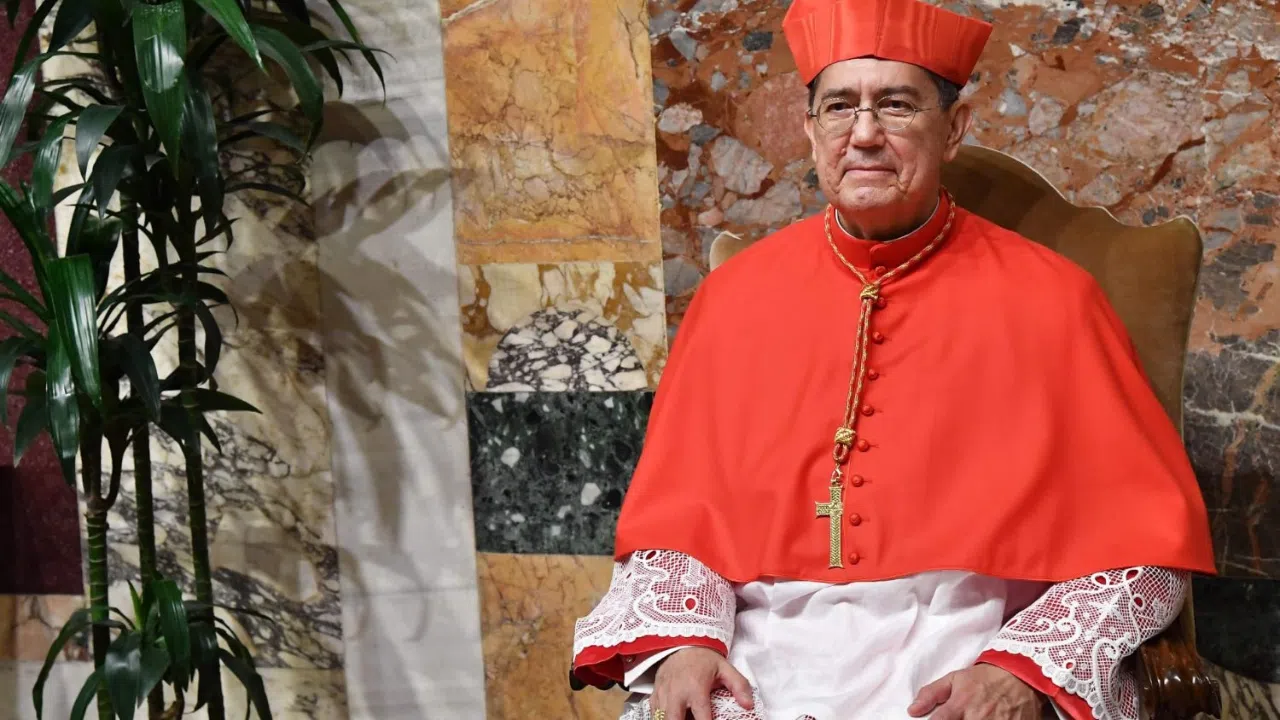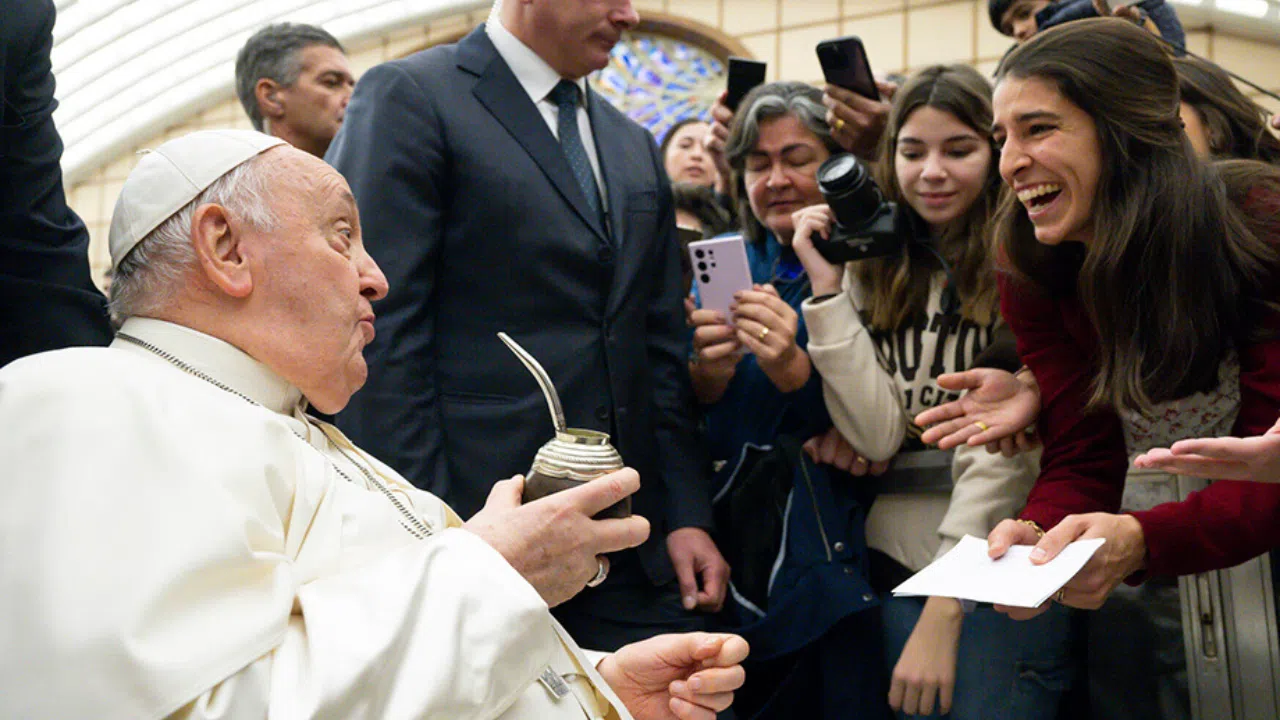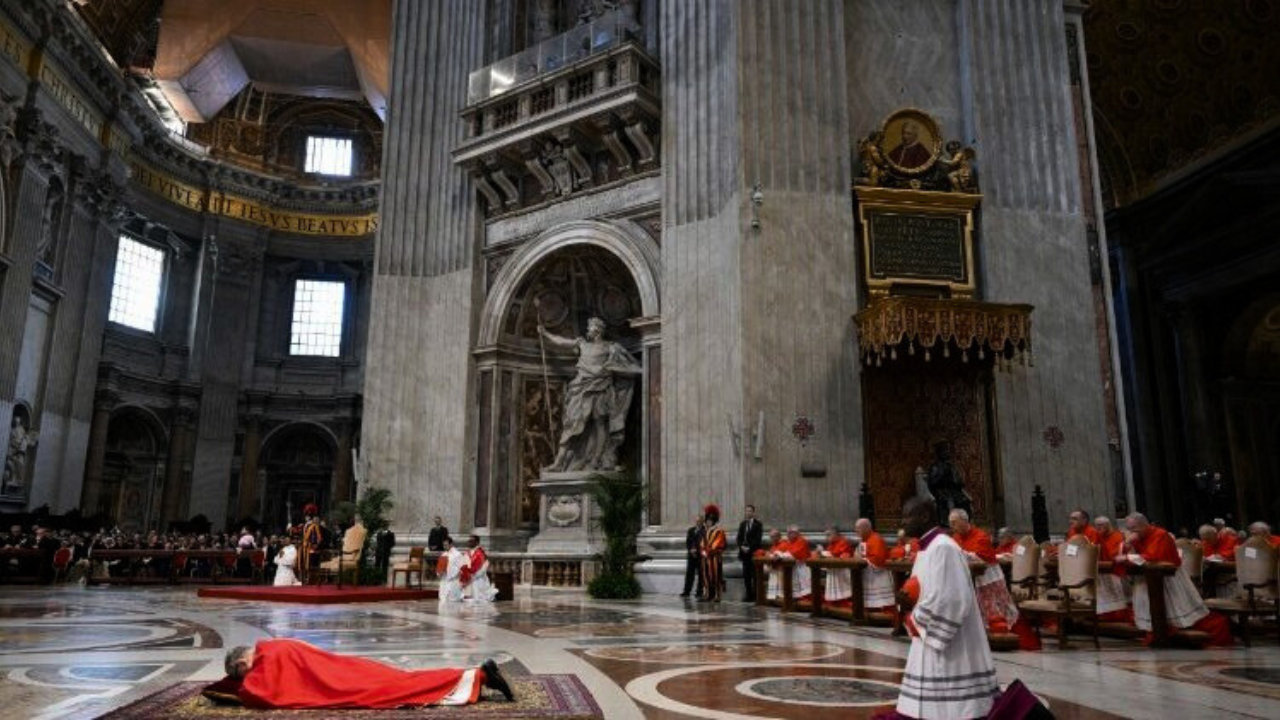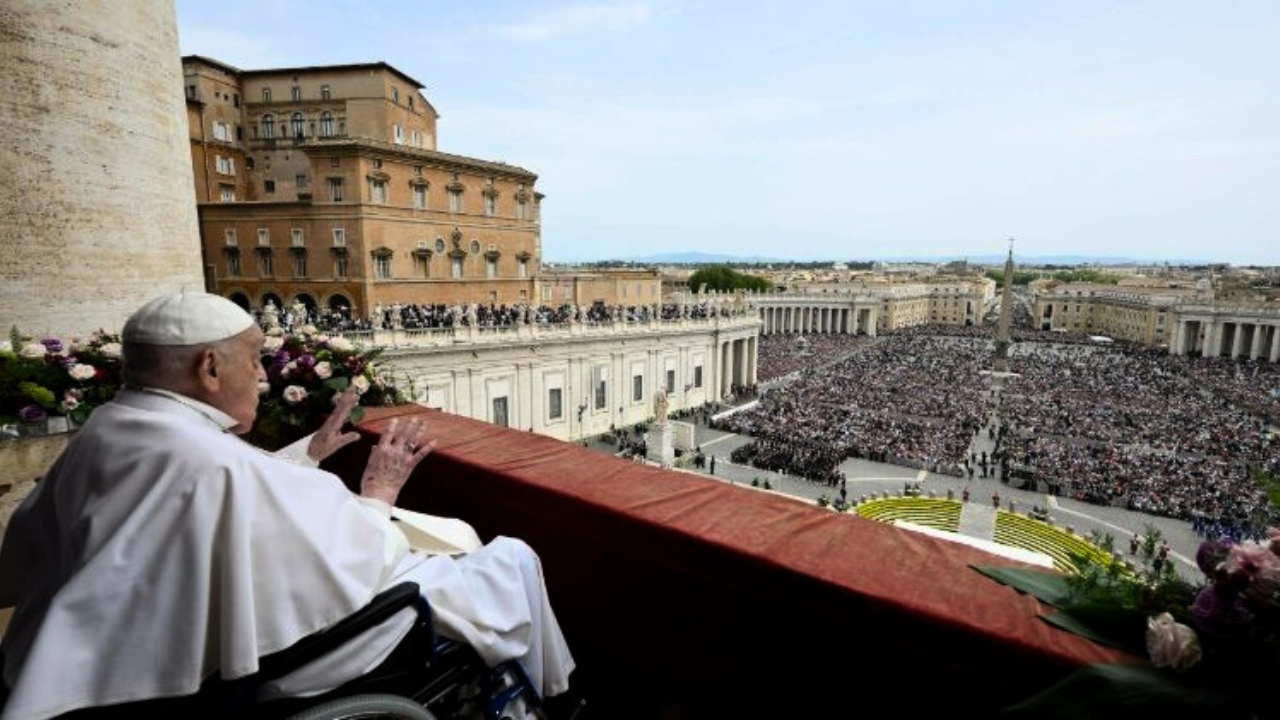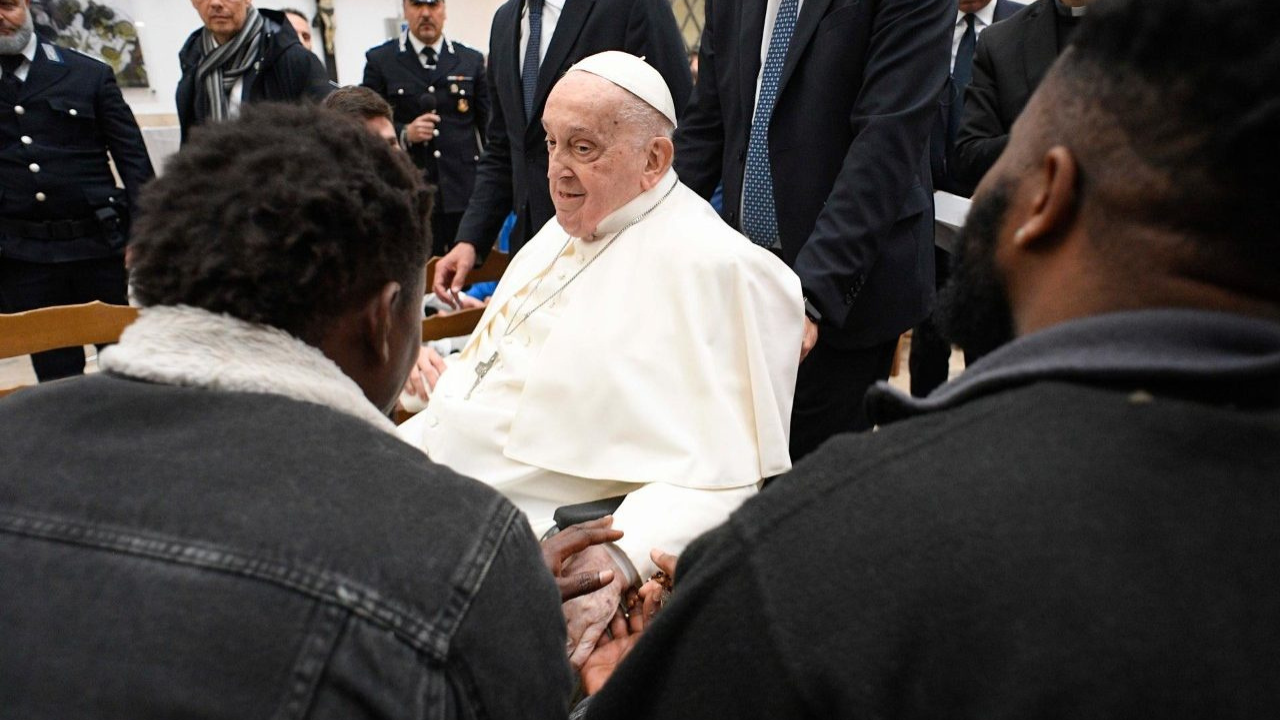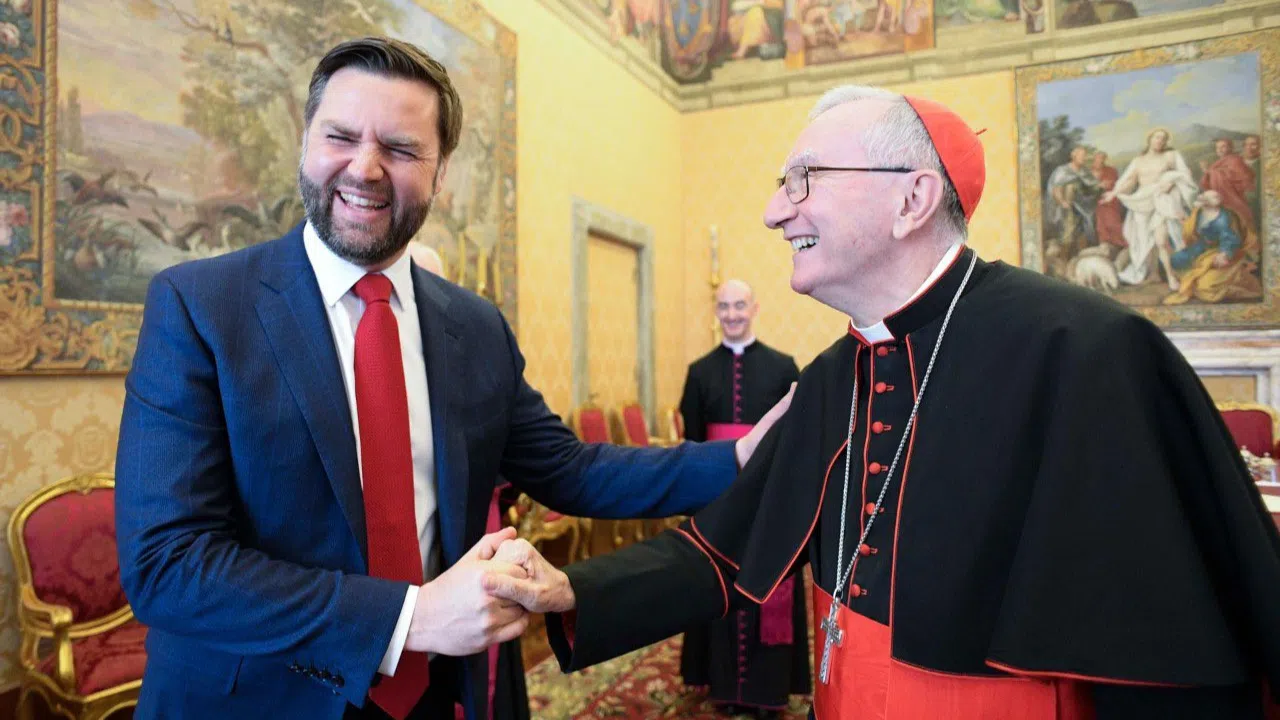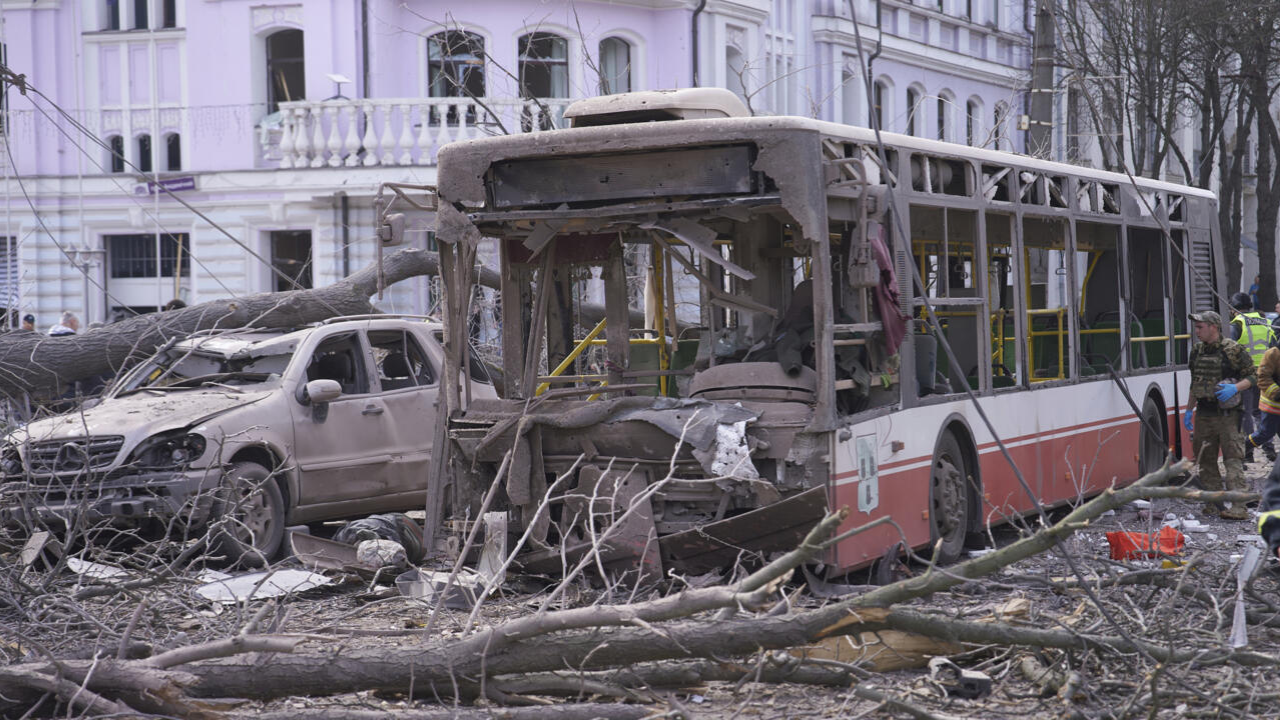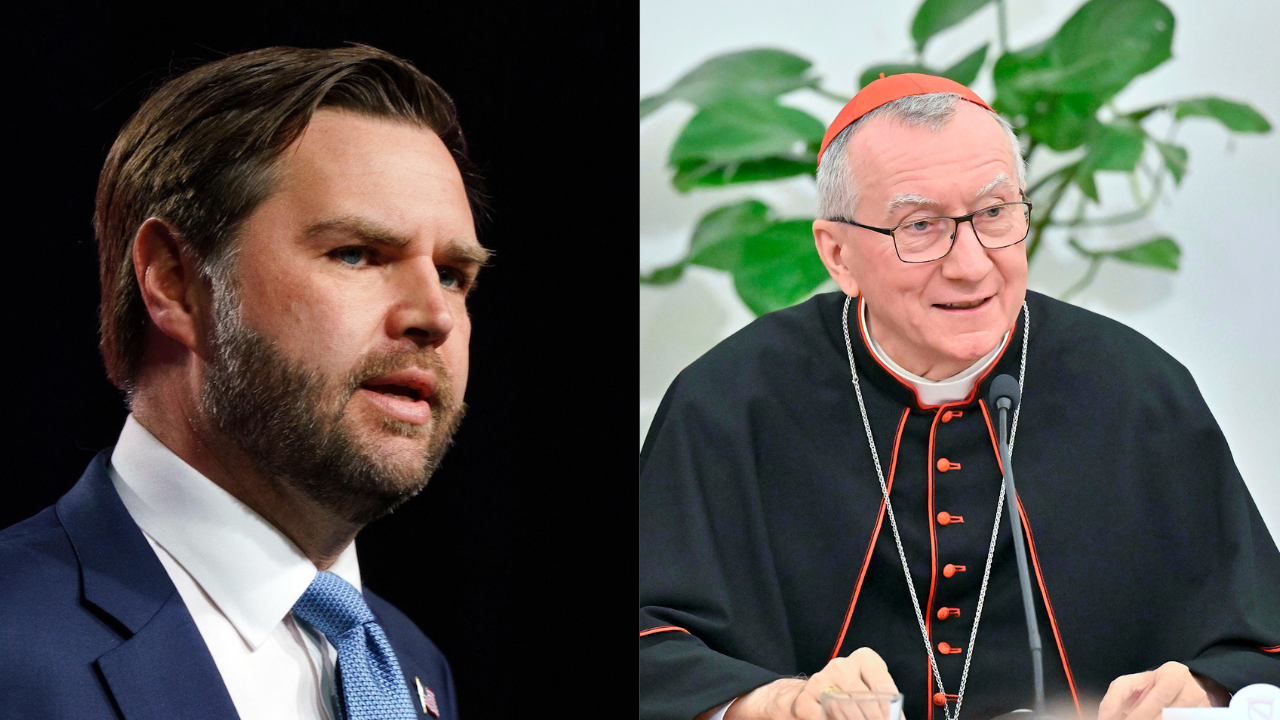He is the first cardinal in Laos, a country where Christians are not completely free to live their faith. He is the first cardinal of a small Catholic community, representing less than one percent in a population of seven million.
Cardinal Ling's life is a reflection of the history of Laos itself. The country was in civil war between 1963 and 1975, a conflict that was settled with the imposition of the communist regime. He himself was ordained a priest in 1972 in a refugee camp. Later, the communist regime imprisoned him for three years, from 1984 to 1987, for the crime of speaking about Jesus Christ. Nowadays, more than 30 years later, he is able to tell you about it with a smile on his lips.
CARD. LOUIS-MARIE LING
Vicar Apostolic of Pakse, (Laos)
'It was good for me. It's like a new novitiate because, you see, it seems to be a formation for me because I accepted the situation. When you accept you are alright, no problem, no crisis.' ;
Although there have been slight improvements in religious freedom in Laos, there is still great governmental control of both public worship and missionary activity. Nevertheless, in spite of the difficulties, the Catholic community is slowly growing. ;
CARD. LOUIS-MARIE LING
Vicar Apostolic of Pakse, (Laos)
'It's going step-by-step in faith. You also have to prove if you are faithful or not. So let's see, so now we go step-by-step. We go on.'
The cardinal has very few collaborators for the almost 11,000 Catholics in his diocese. His team consists of seven priests, nine religious brothers and 16 religious sisters. This was explained to the pope during the ad limina visit from the bishops of Cambodia and Laos last January. Pope Francis then claimed to have been deeply moved by the history of this now new cardinal, who never felt abandoned by God during his captivity. ;
AC
MG/CTV
-
-PR
Up:FV

